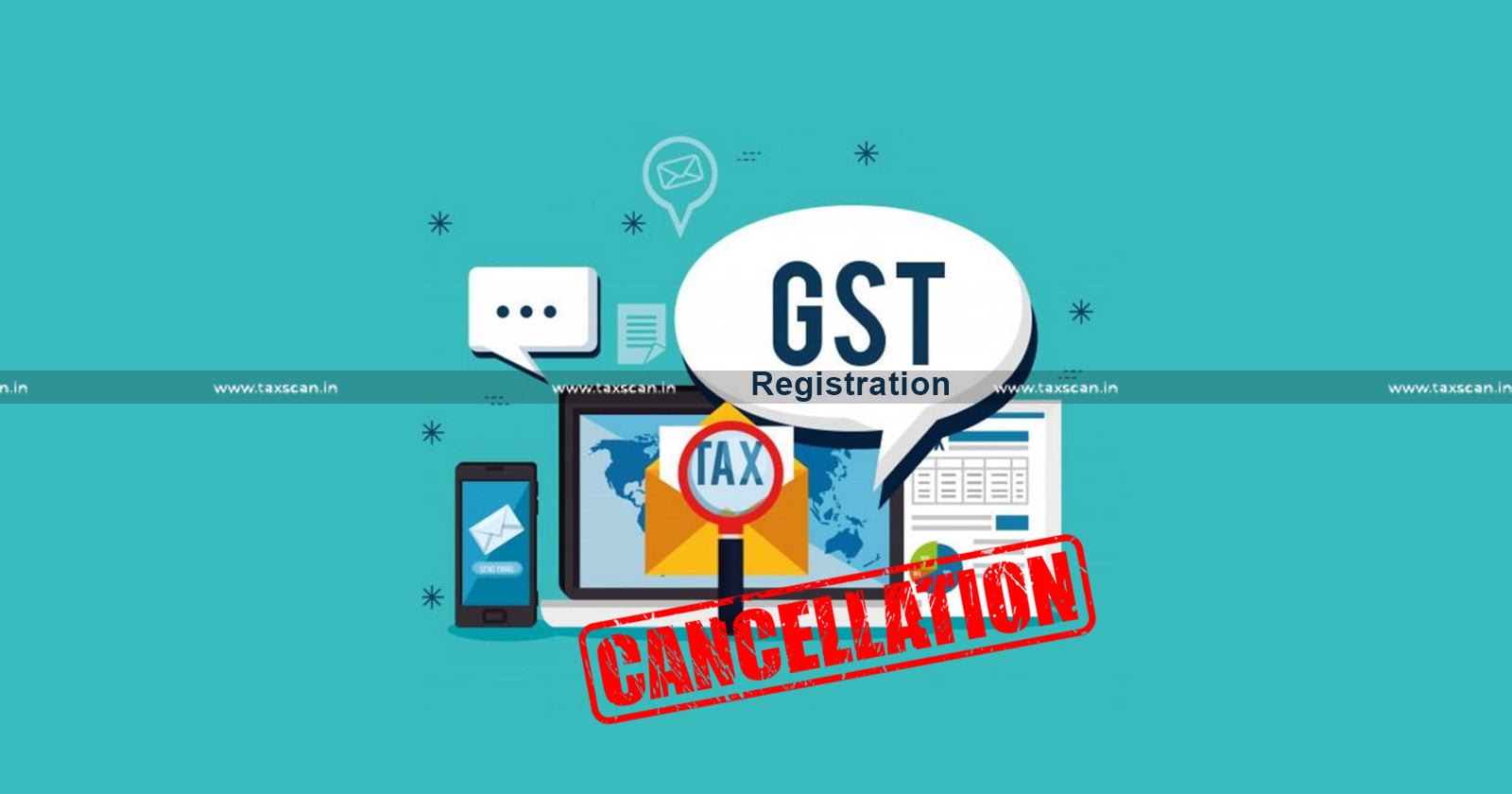GST S. 16(2)(c) and Rule 36(4) Not Violative of Article 14: Madras HC dismisses writ petition [Read Order]
The court observed the Kerala HC’s decision that taxing statutes enjoy a presumption of constitutionality and can only be struck down if manifest arbitrariness defined as drastic unreasonableness, irrationality, or absence of a determining principle is proven, which was not the case here
![GST S. 16(2)(c) and Rule 36(4) Not Violative of Article 14: Madras HC dismisses writ petition [Read Order] GST S. 16(2)(c) and Rule 36(4) Not Violative of Article 14: Madras HC dismisses writ petition [Read Order]](https://images.taxscan.in/h-upload/2025/08/14/2076629-gst-rule.webp)
The Madurai Bench of the Madras High Court has dismissed writ petitions challenging the constitutional validity of Section 16(2)(c) of the Goods and Services Tax (GST) Act, 2017 and Rule 36(4) of the GST Rules, 2017, rejecting the argument that these provisions are violative of Article 14 of the Constitution.
Comprehensive Guide of Law and Procedure for Filing of Income Tax Appeals, Click Here
The petitioner, M/s. Baby Marine (Eastern) Exports, sought a declaration that the provisions which deny Input Tax Credit (ITC) to a recipient if the supplier has not paid the collected tax to the government were unconstitutional and arbitrary. They also sought a refund of ₹31,57,846, which had been adjusted against their eligible refund.
The Court relied on the Division Bench decision of the Kerala High Court in Nahasshukoor v. Assistant Commissioner, State GST Department, Alappuzha, which had upheld the validity of these provisions, noting that ITC is a concession subject to statutory conditions and that imposing such conditions is neither discriminatory nor violative of Article 14.
 Also Read:Cancellation of GST Registration Entails Serious Civil Consequences: Gauhati HC Grants Two Months to Apply for Revival [Read Order]
Also Read:Cancellation of GST Registration Entails Serious Civil Consequences: Gauhati HC Grants Two Months to Apply for Revival [Read Order]
The Kerala High Court had further observed that taxing statutes enjoy a presumption of constitutionality and can only be struck down if manifest arbitrariness defined as drastic unreasonableness, irrationality, or absence of a determining principle is proven, which was not the case here.
The bench also noted the Division Bench ruling of the Madras High Court in L & T Geostructure LLP v. Union of India, which upheld Rule 36(4), stating that the temporary restrictions on availing full ITC in the absence of supplier compliance were reasonable measures intended to curb wrongful credit claims and to implement the objective of allowing only legitimate ITC. The Court observed that with the evolution of the GST IT system and the introduction of GSTR-2A in October 2020, the issue had largely become academic.
Justices S M Subramaniam and A.D. Maria Clette held that no further deliberation was required and dismissed the petitions. On the petitioner’s claim for refund in one of the cases, the Court noted that such relief could not be granted in writ jurisdiction as it involved factual adjudication, and advised the petitioner to approach the competent authority for any relief under the Act and Rules.
Support our journalism by subscribing to Taxscan premium. Follow us on Telegram for quick updates


